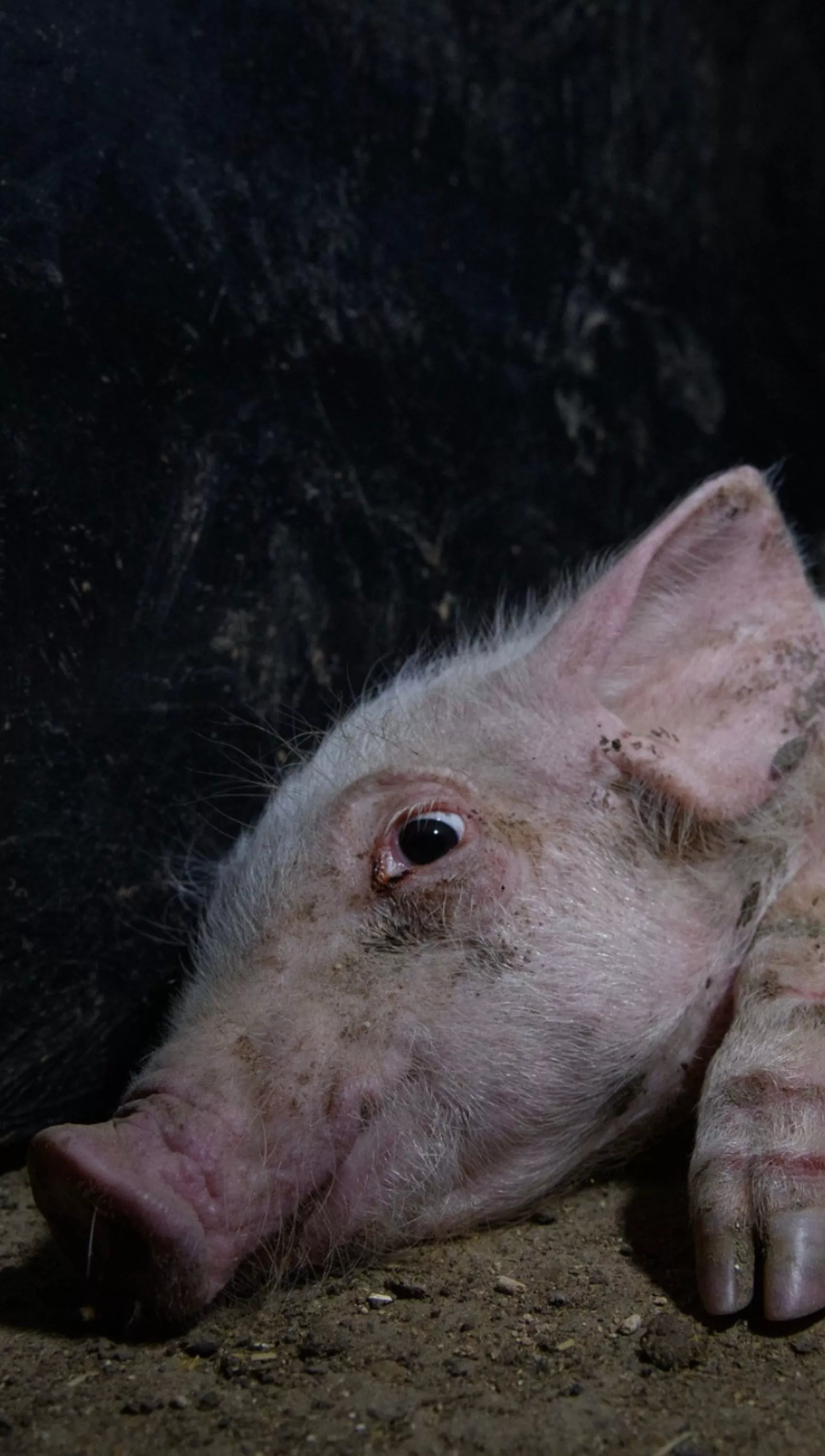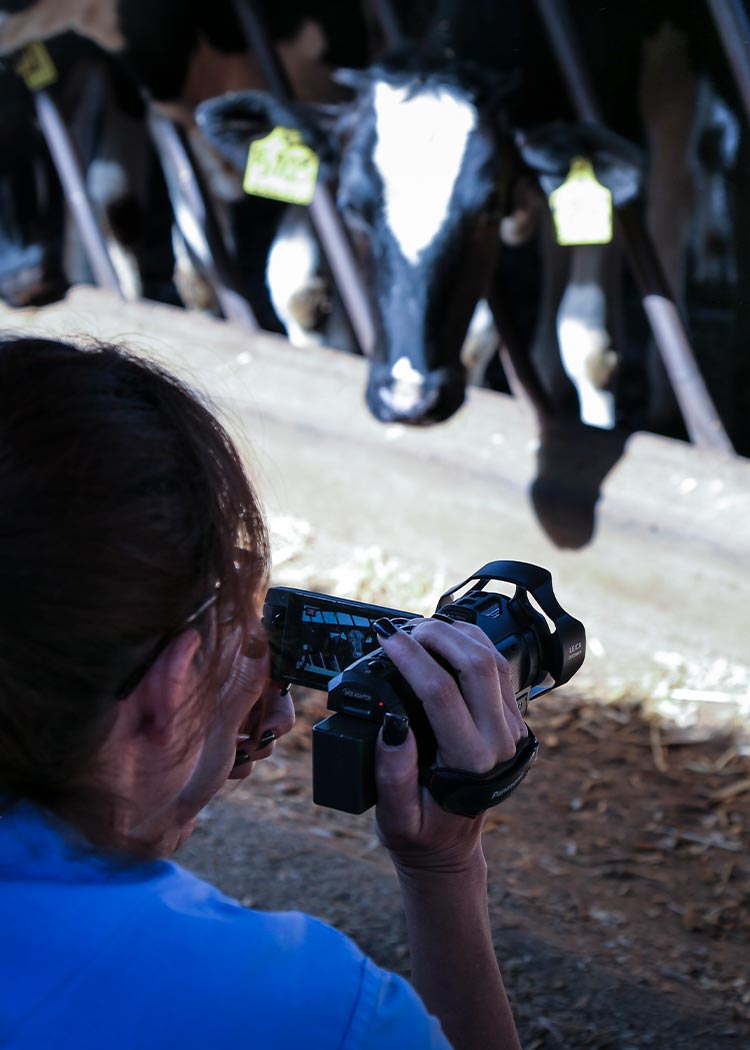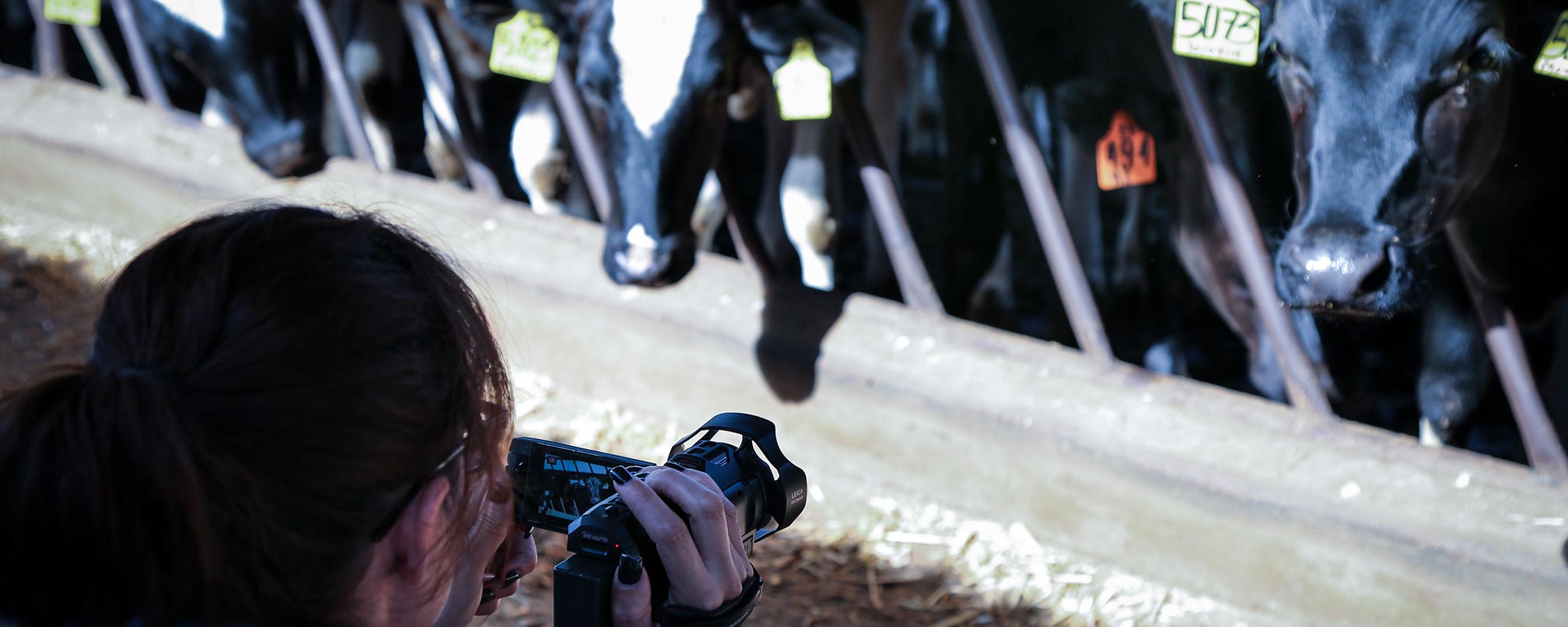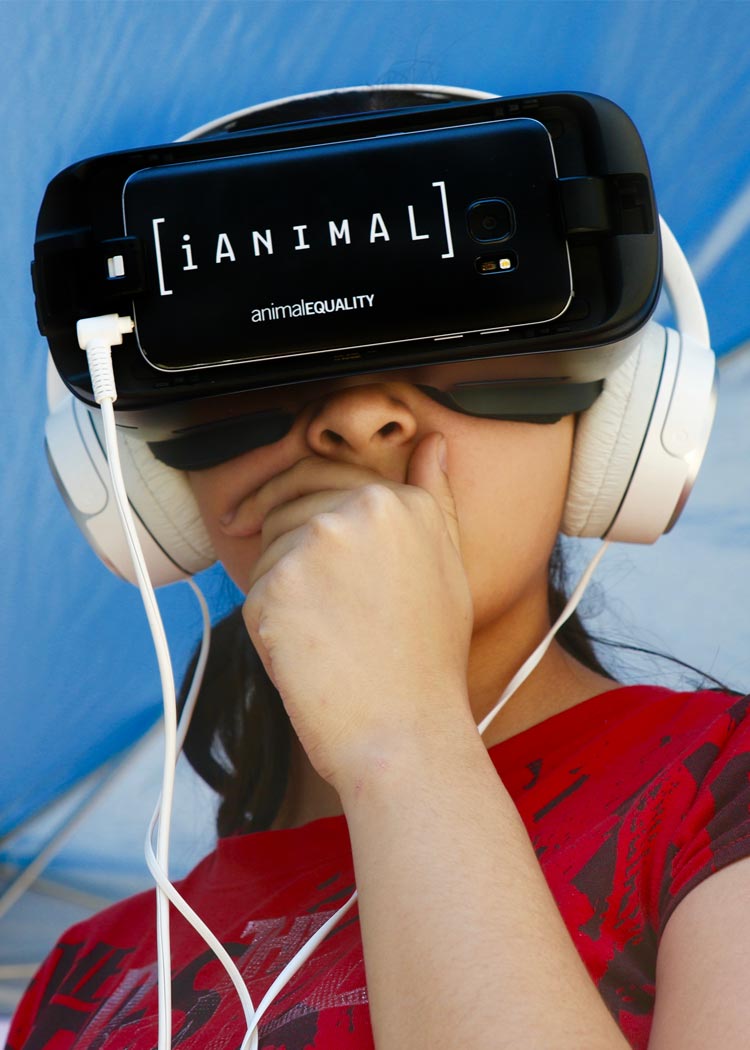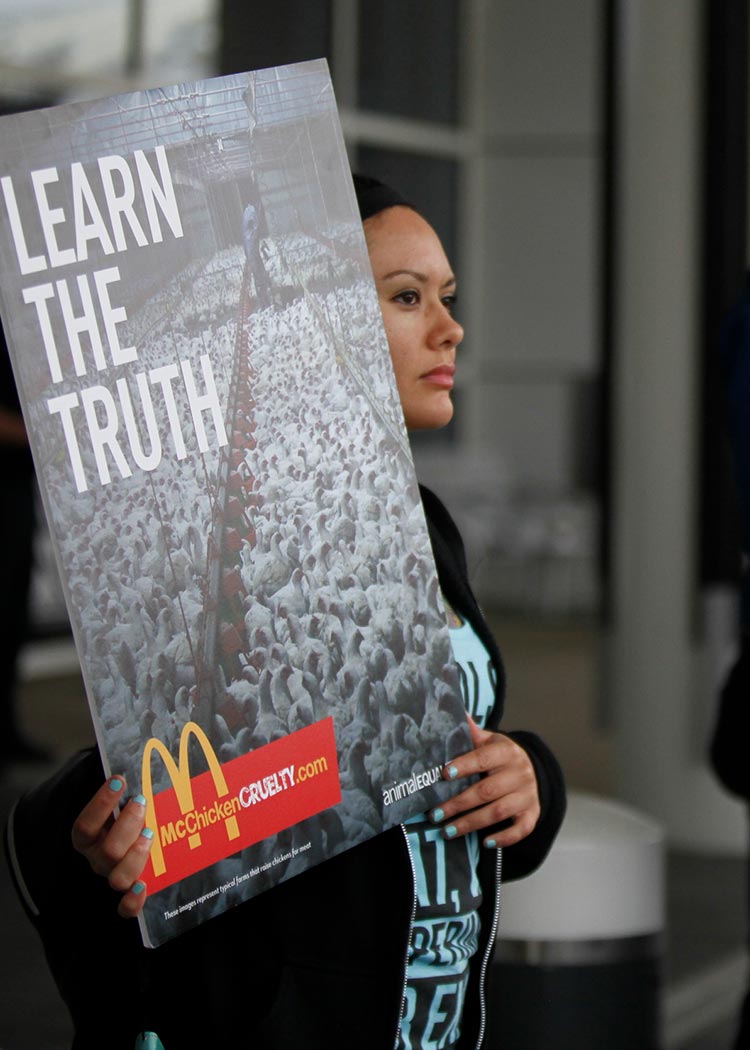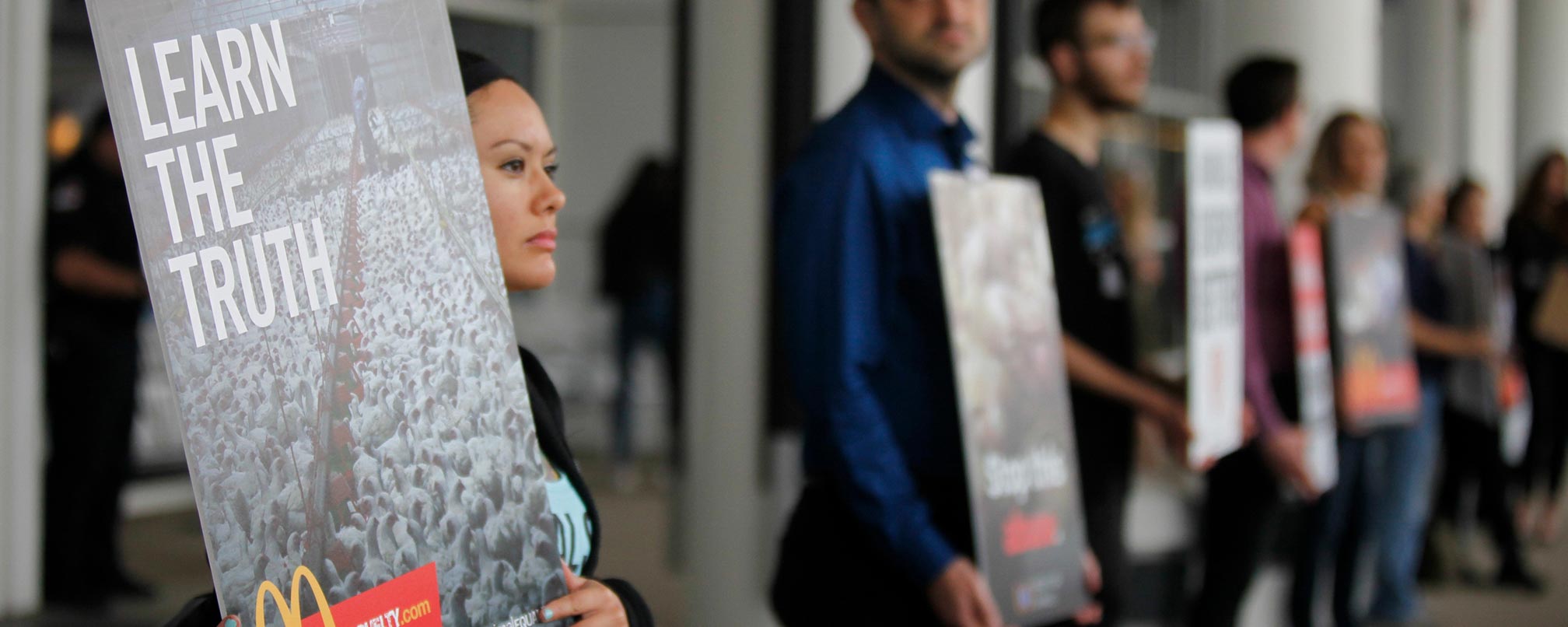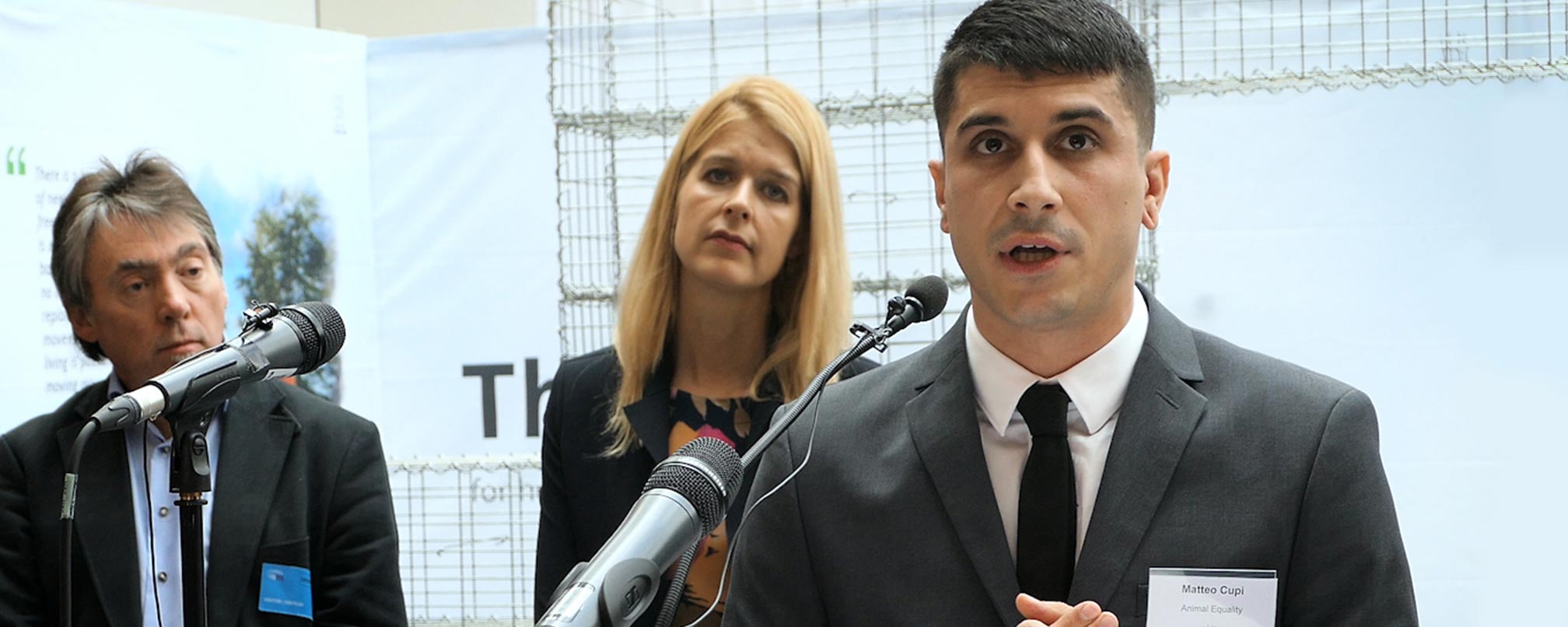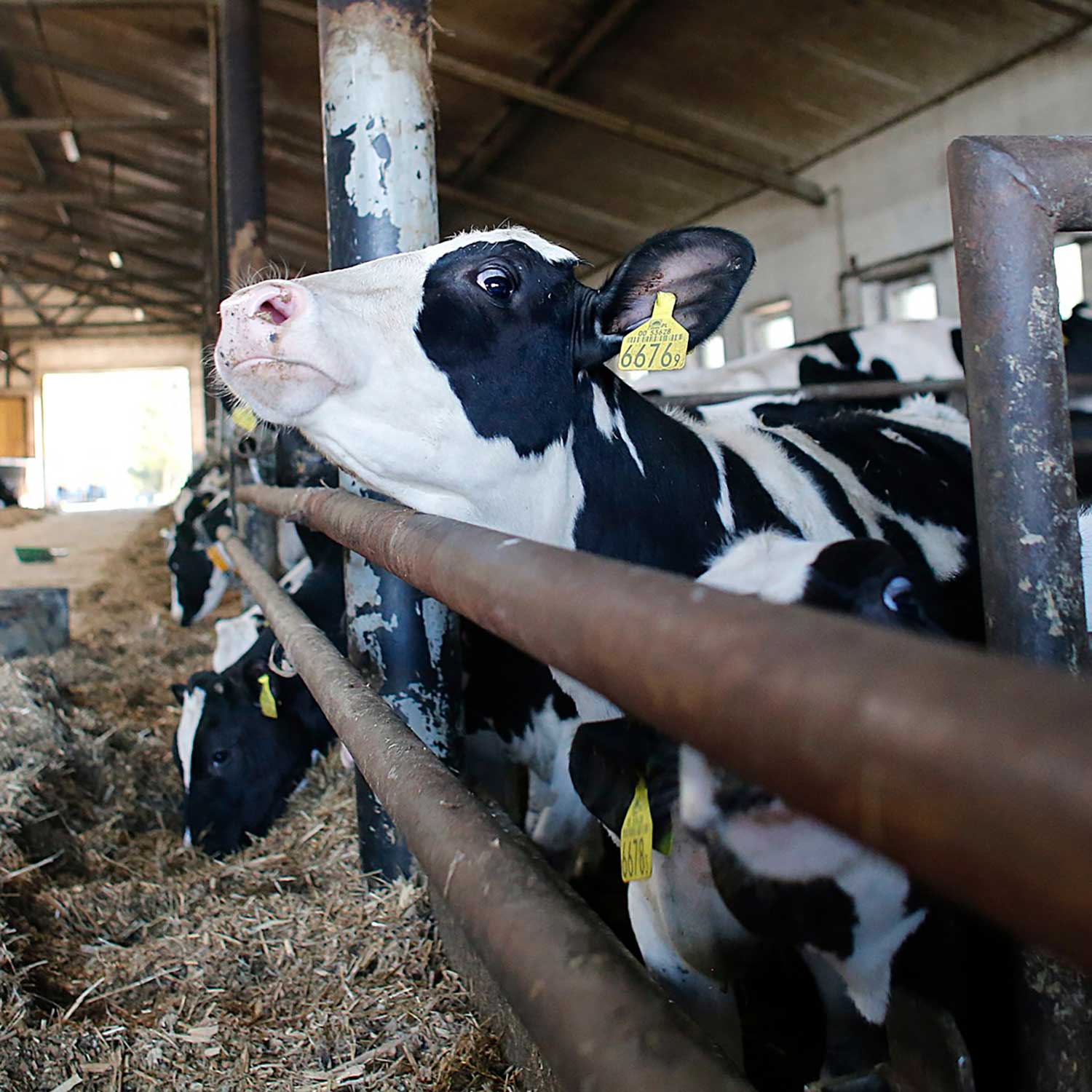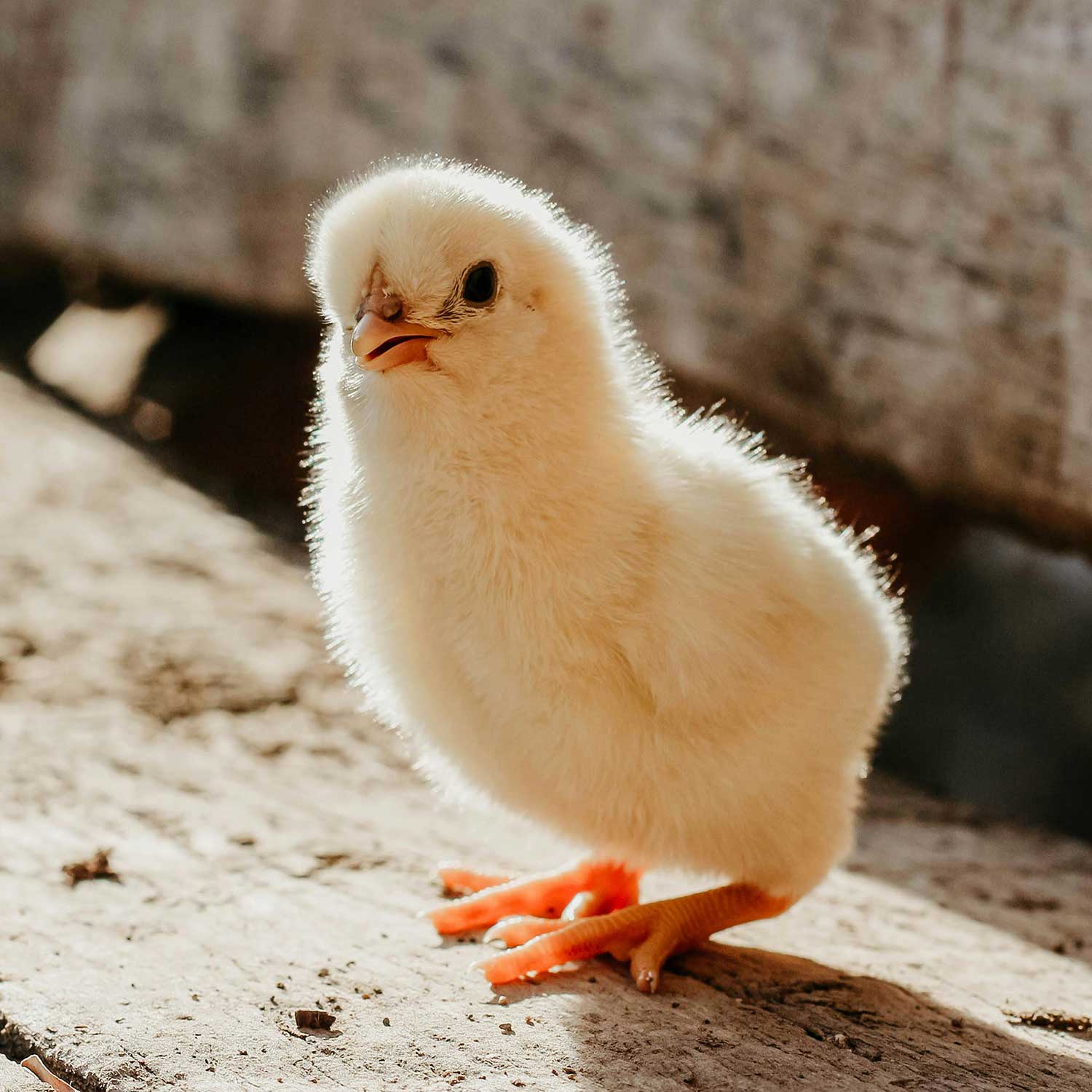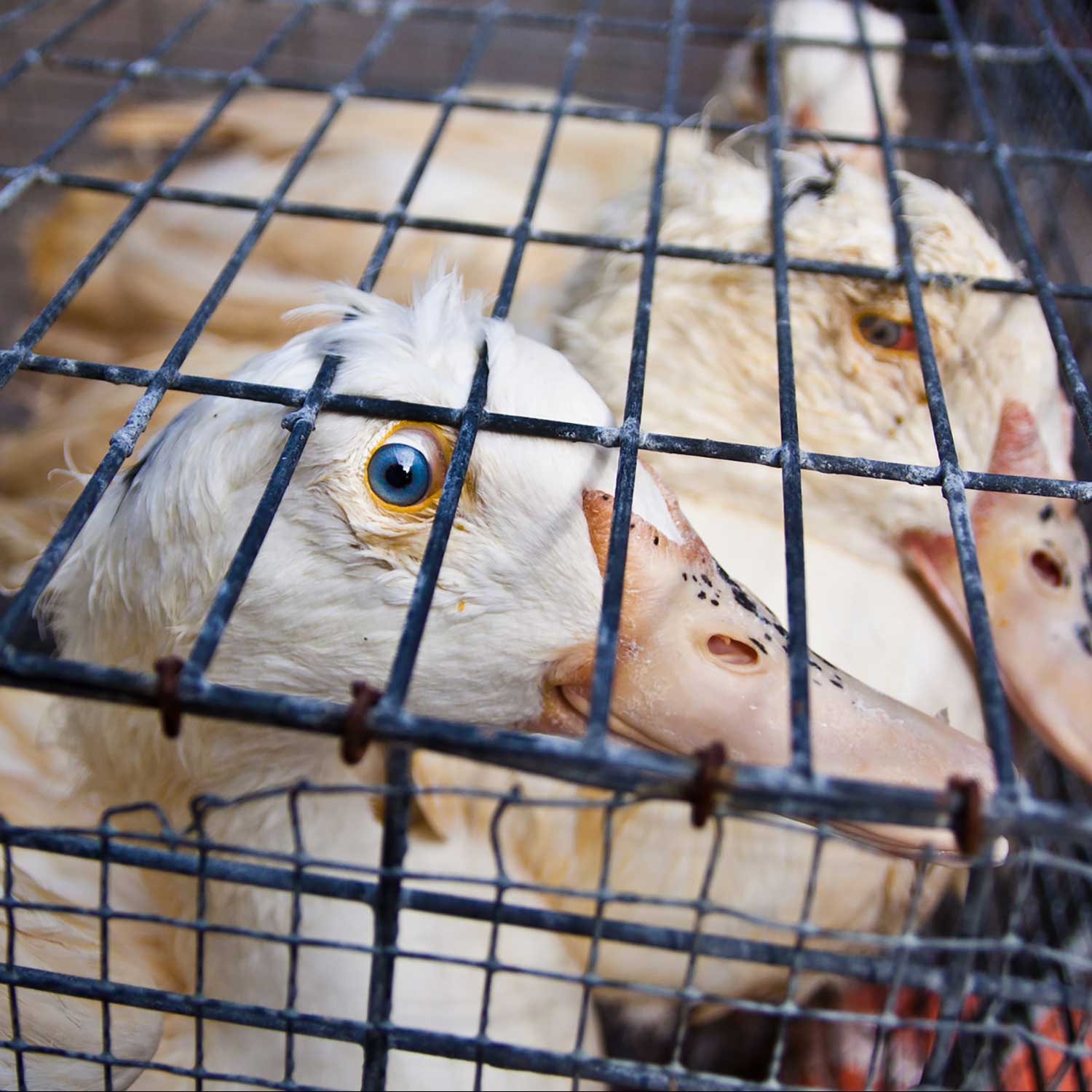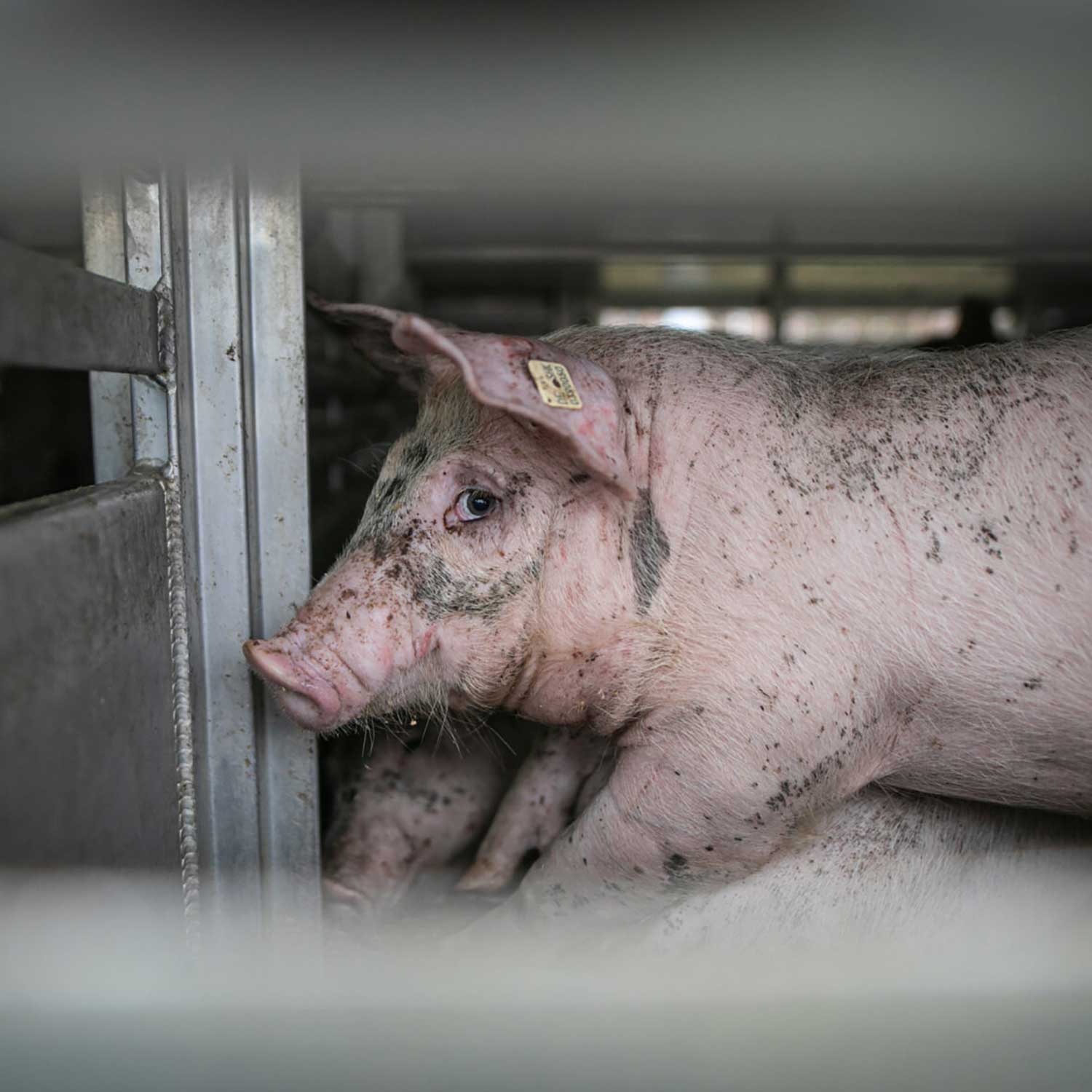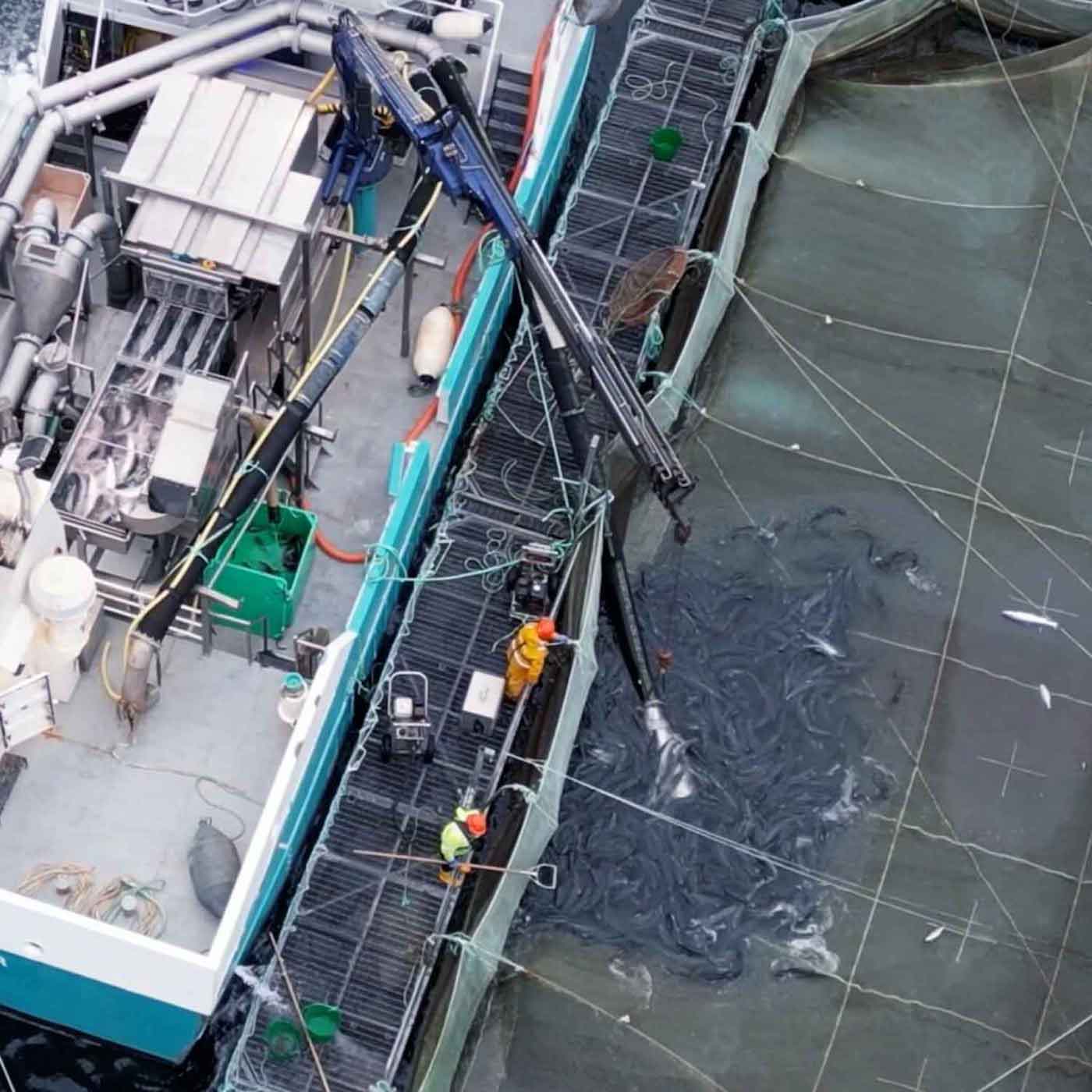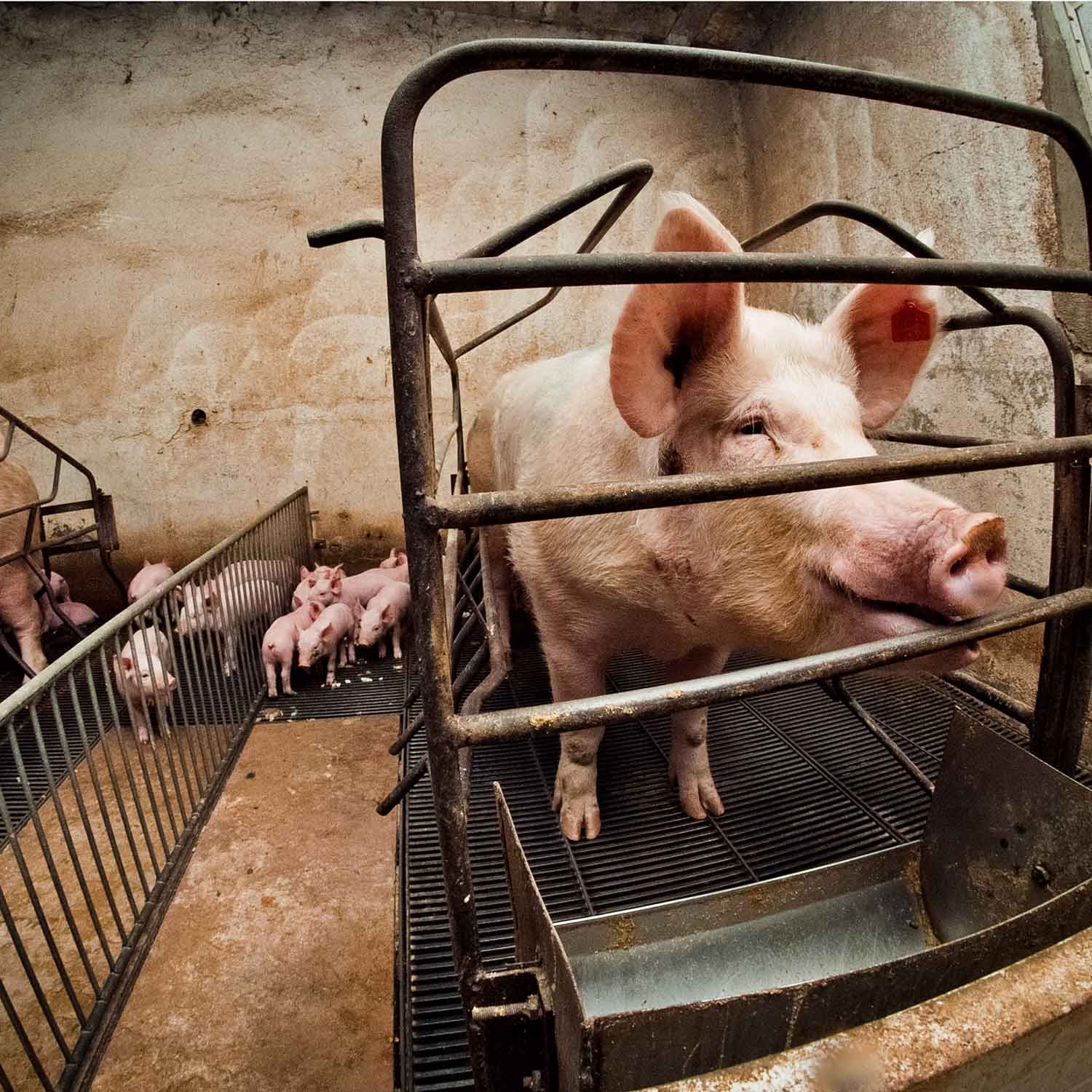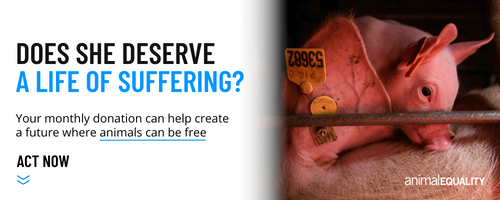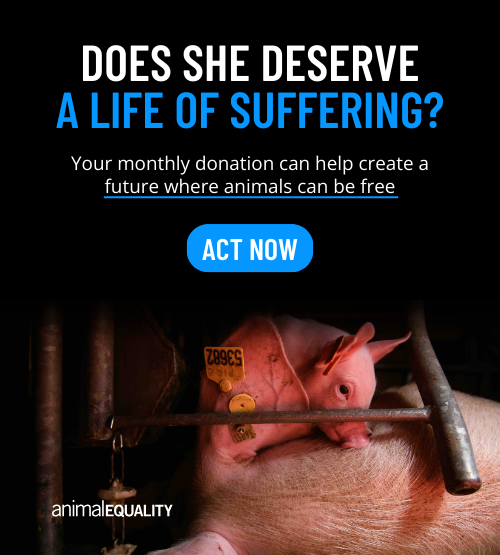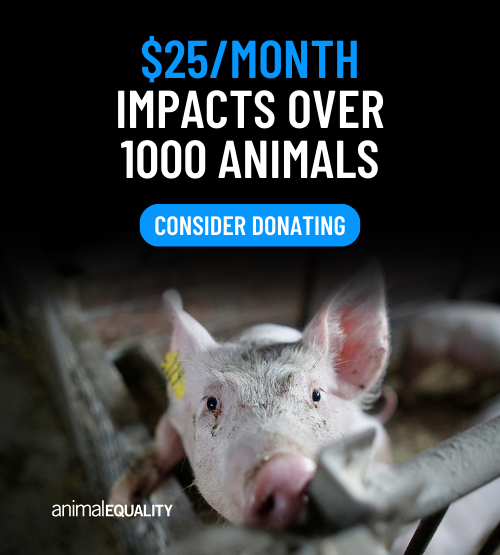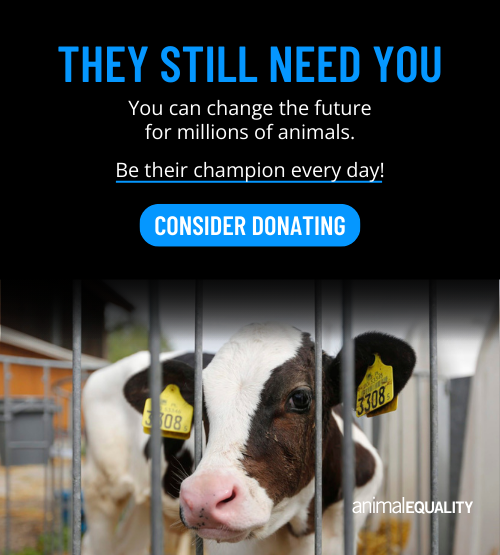OUR MISSION
Animal Equality is an international organization working with society, governments, and companies to end cruelty to farmed animals.
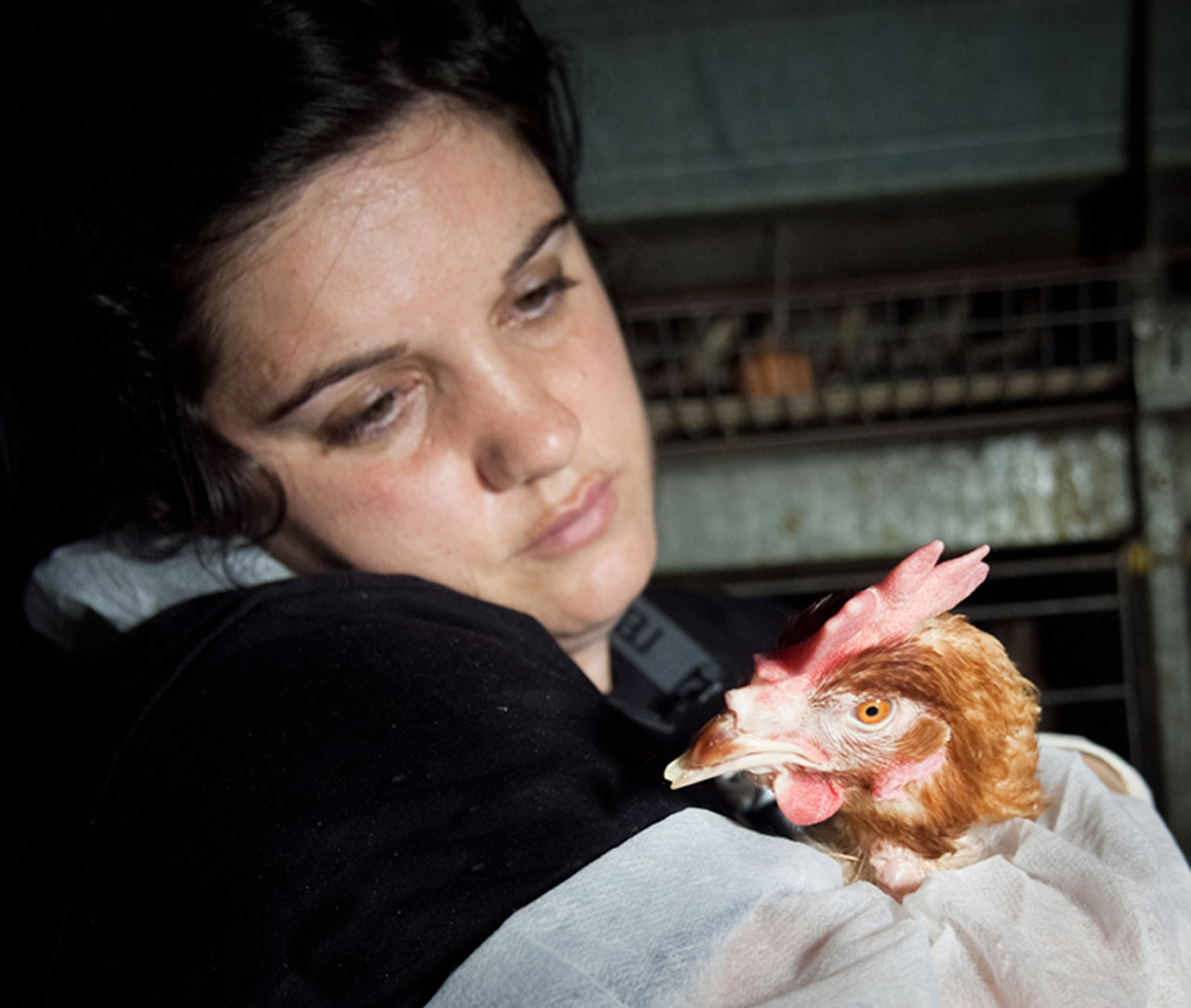
OUR VALUES AND COMMITMENT
As an animal protection organization, we are guided by compassion, determination, and effectiveness.
We are committed to saving as many animals as possible and to reducing the enormous suffering animals endure on factory farms.
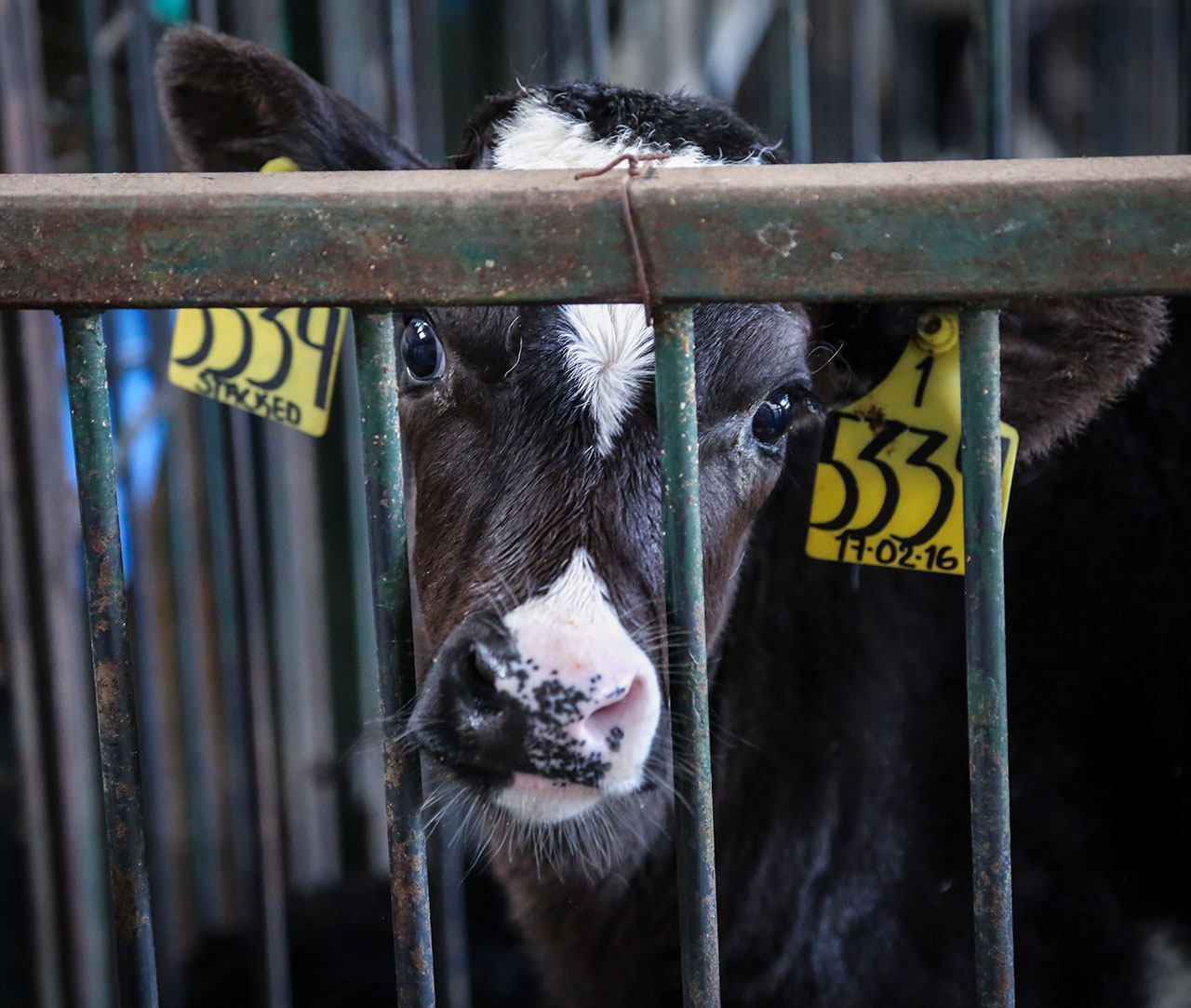
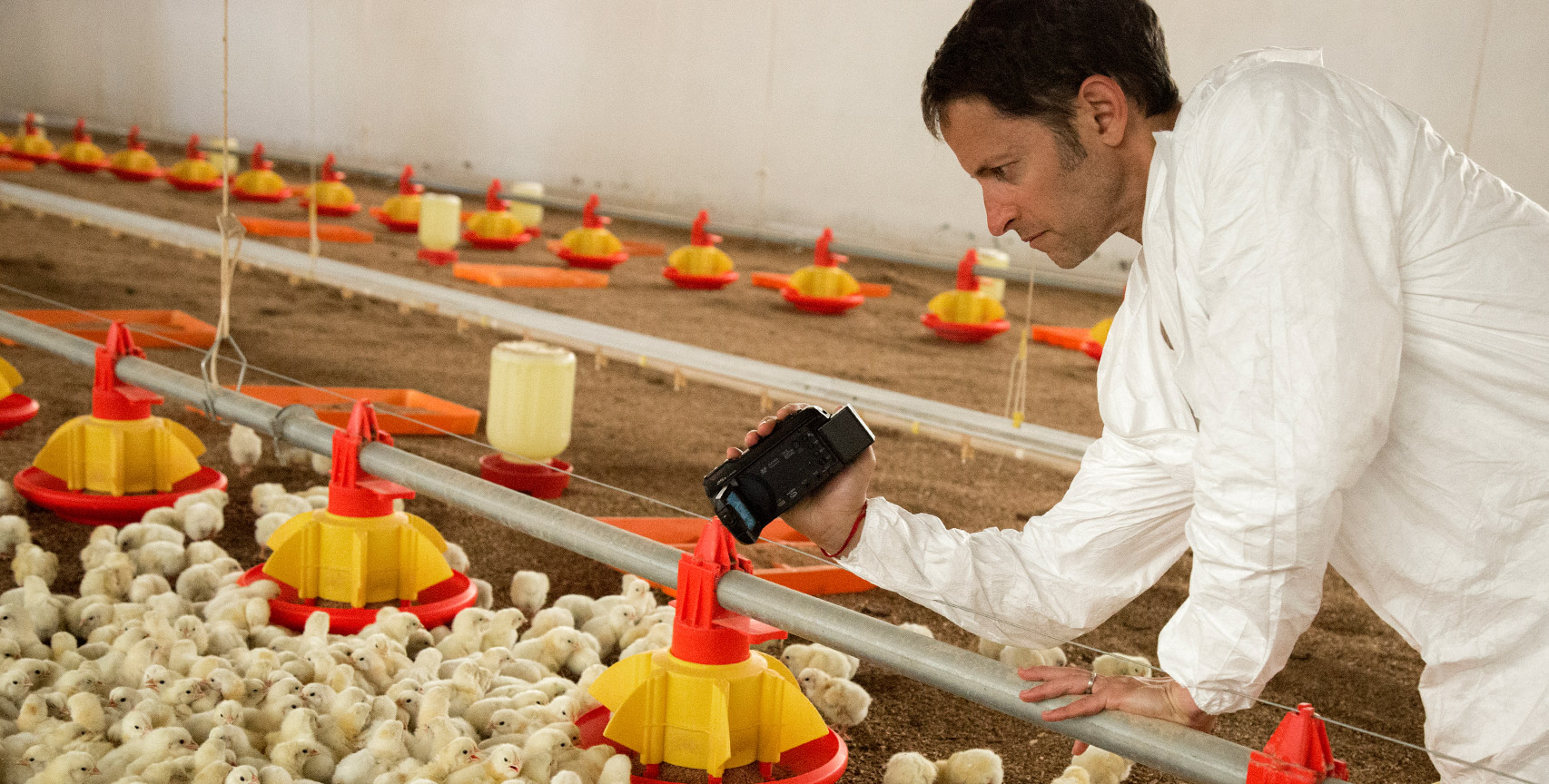
INTERNATIONAL
Our teams in the United States, the United Kingdom, Germany, Italy, Spain, Mexico, Brazil, and India consist of highly qualified professionals with years of experience in undercover investigations, campaigns, legal advocacy, and large-scale education programs.
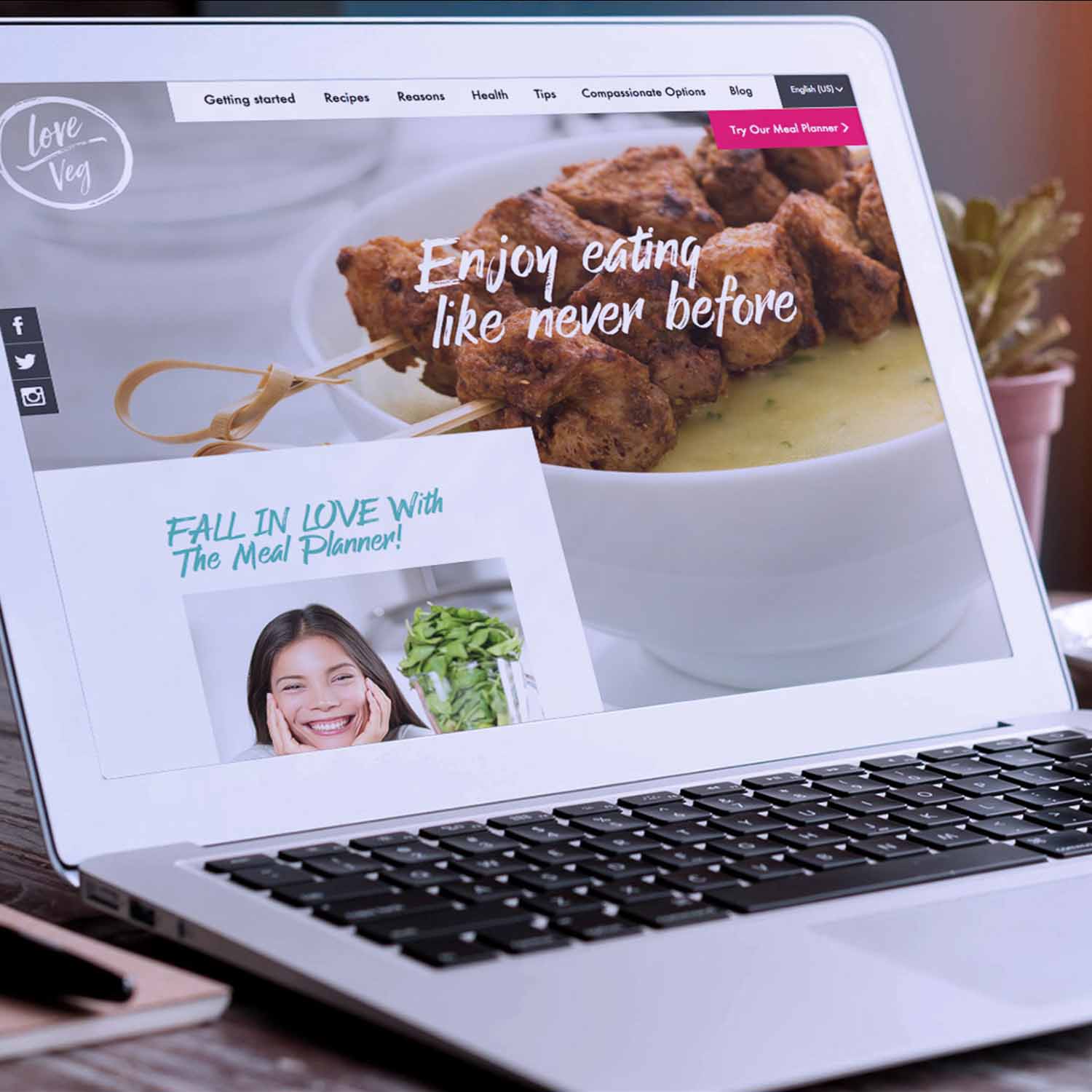
Start your plant‑based journey now!
Are you considering reducing the amount of meat in your diet or replacing dairy products with plant-based alternatives?
Whether it is to eat healthier or reduce the suffering of animals in factory farms, thousands of people like you start their plant-based journeys each day. Animal Equality’s Love Veg project meets you where you’re at and helps you succeed step-by-step. Each time you replace animal products with healthier, cruelty-free, delicious ones, it is a success to celebrate.
Our work
Animal Equality combines four strategies in its campaigns to help animals.
We go undercover to document and expose the cruel treatment of animals in factory farms and slaughterhouses. To this day, we have inspected over 800 factory farms and slaughterhouses in 13 countries.
We raise awareness and inform millions of people who watch our videos so they can see for themselves what the meat, egg, dairy, and fishing industries do to animals. We campaign to convince companies to update their policies that affect animals and our team of attorneys advocate for increased protections and animal rights.
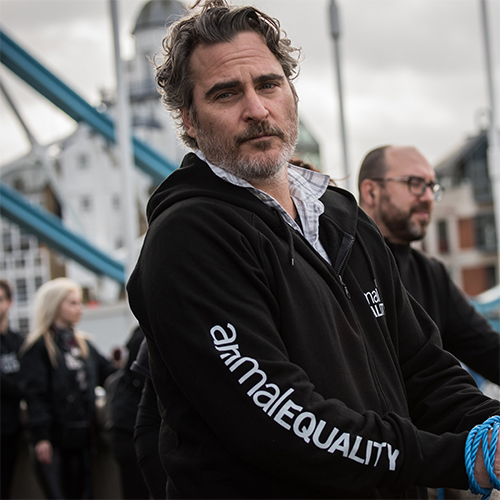

News
Blog
Upcoming Event
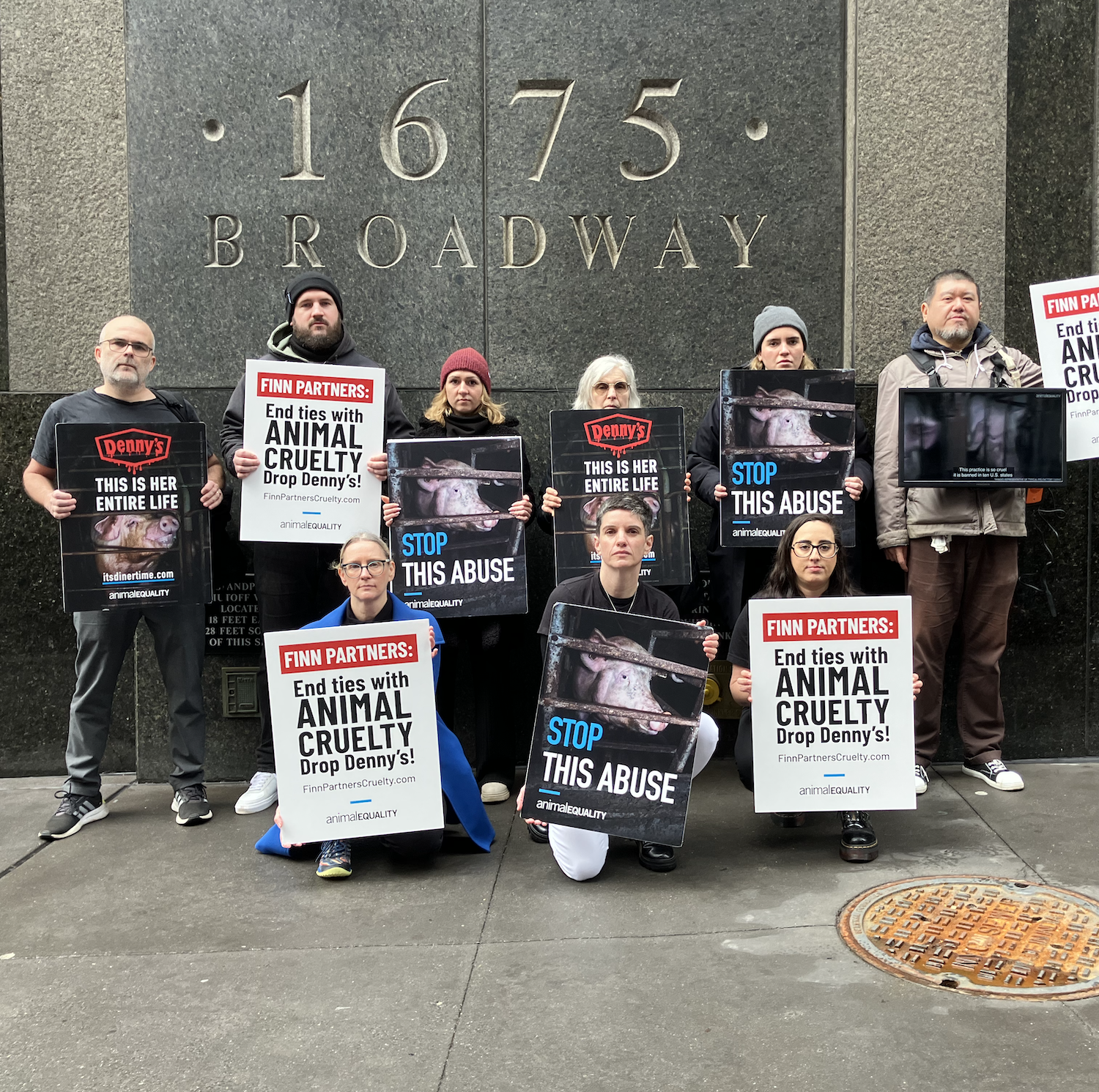
Protest Finn Partners’ Ties to Denny’s Extreme Animal Cruelty

